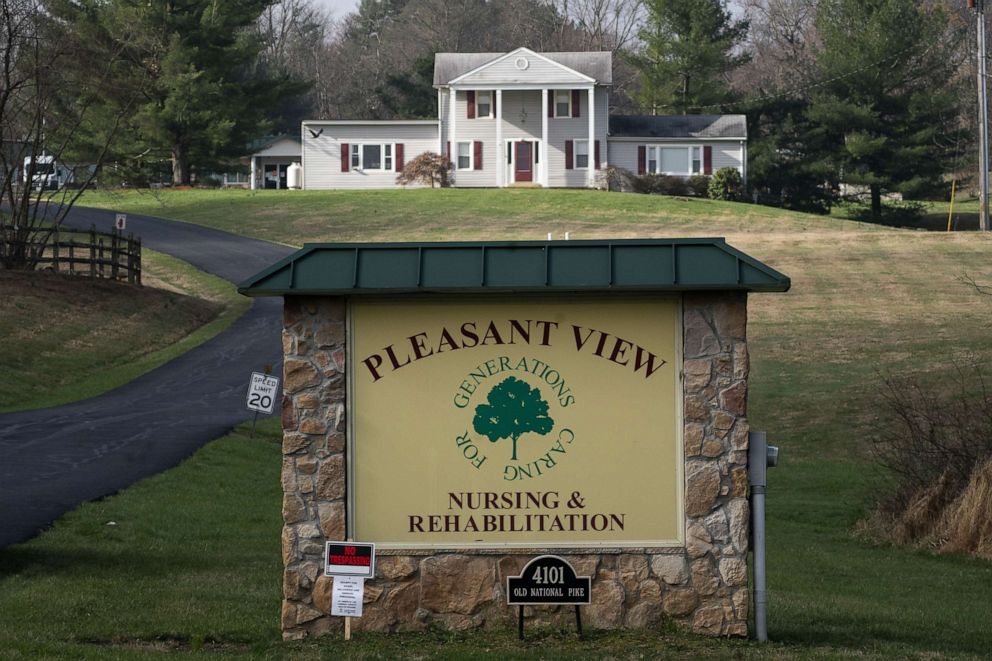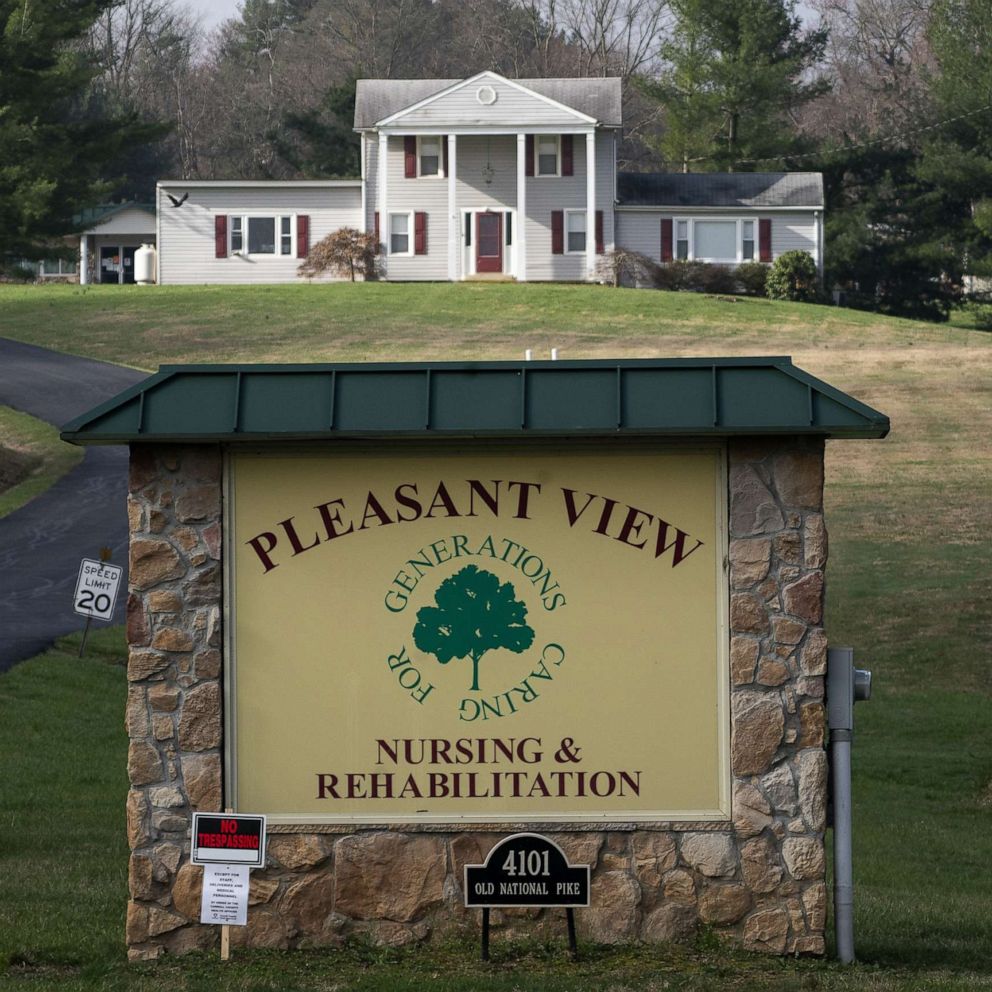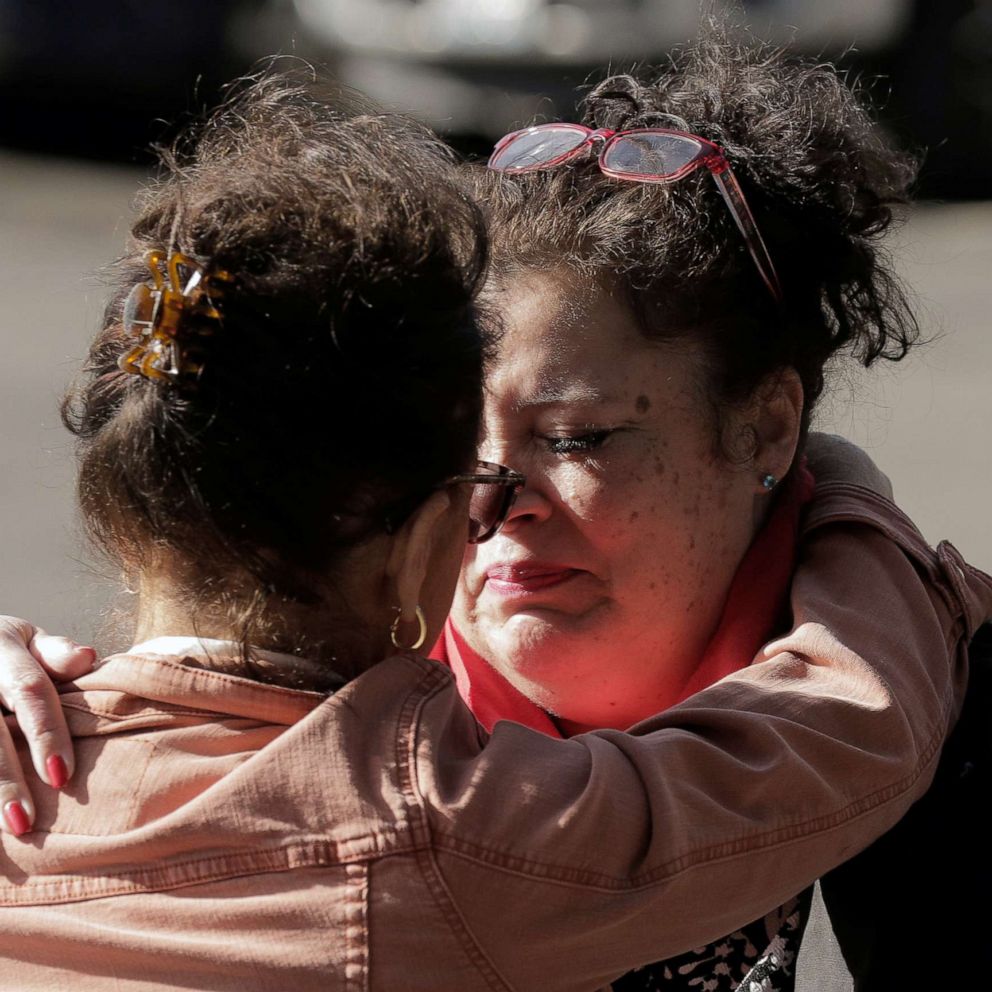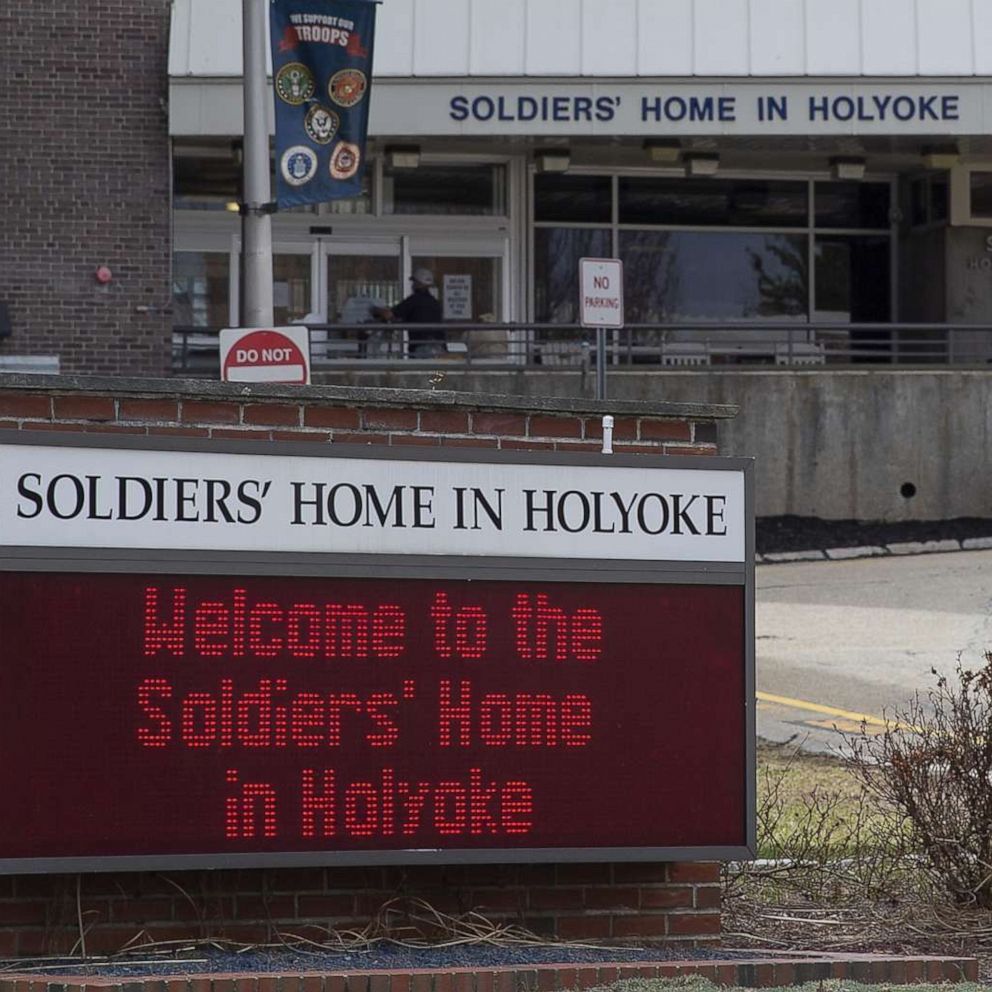New measures to protect nursing homes in Maryland and Los Angeles as coronavirus death toll rises
Two states are implementing new measures to prevent spread in nursing homes.
As nursing homes across the country amass heavy casualties from coronavirus outbreaks and some early prevention methods fall short, local officials in two states are devising early action plans to better protect some of the nation’s most at-risk residents.
In Maryland, Gov. Larry Hogan announced Tuesday that that the state would form “strike teams” to mount aggressive interventions that direct military resources to nursing homes breached by the virus. In Los Angeles County in California, health officials are creating a carve-out to the shelter-in-place mantra, calling on families to bring home their elderly relatives from nursing homes if at all possible.
The efforts come as localities are realizing that the initial approach at most nursing homes – restricting access and isolating residents who show symptoms – is not always enough to blunt the killing power of coronavirus once it hits such a vulnerable population. Figures released last week by the Centers for Disease Control and Prevention indicate more than 400 nursing homes nation-wide have seen positive cases. But that number has almost certainly risen since.
Tune into ABC at 1 p.m. ET and ABC News Live at 4 p.m. ET every weekday for special coverage of the novel coronavirus with the full ABC News team, including the latest news, context and analysis.
Just in Maryland, Hogan said the virus has now surfaced in 90 senior living facilities. In one of them, the Pleasant View Nursing home north of Baltimore, the number of infections identified jumped from one confirmed case to 64 in a 24-hour window.
The death toll at nursing homes across the country is mounting. At one facility in Washington state, officials reported 37 death, and a facility in Virginia has reported 32 fatalities in little more than a week.

Early on, nursing homes around the country recognized they were vulnerable to the disease, which is especially deadly for the elderly and those with pre-existing conditions, and spreads easily in institutional settings.
"Nursing homes are homes and not just health care settings, so they’re harder to have good infection prevention standards," Dr. Patricia Stone a Columbia School of Nursing professor who researches infection prevention and control in nursing home. "They're also under-resourced."
Many homes were quick to cordon off access to the homes, restricting entry to essential personnel. Some, like the nationwide chain HCR ManorCare, rigged up isolation pods, where they could move any residents showing such early symptoms as fever or cough. Some families told ABC News the isolation measures have been hard on them.
Hogan said Tuesday that he believes a still more robust response is needed.
"State teams will provide assistance and care to patients immediately in order to slow the spread of this virus," Hogan said.
Under the Maryland plan, nursing homes and local health officials will be able to call in strike teams that he said can provide quick-turnaround testing, mobilize the National Guard to bring in much needed supplies, and surge doctors and nurses from outside hospitals to stabilize residents inside the facility and to avoid patient transport to hospitals, where the virus can further spread.
"The goal here is not to replace the nursing home's medical and medical team, but to provide immediate support and assistance to help protect residents of these facilities," Hogan said.
Officials in Los Angeles are trying a different approach and taking steps to reduce the populations at the facilities to prevent the spread of infection.
Barbara Ferrer, Los Angeles County public health director, encouraged people who can provide care themselves to remove their loved ones from assisted living facilities on Tuesday. Ferrer said that some families can now take care of family members who once required the attention of nursing home because many more people are working at home.
What to know about coronavirus:
- How it started and how to protect yourself: Coronavirus explained
- What to do if you have symptoms: Coronavirus symptoms
- Tracking the spread in the U.S. and worldwide: Coronavirus map
More than 120 communal living facilities in Los Angeles -- including nursing homes and assisted living facilities -- now have at least one positive COVID-19 case, Ferrer said.
Last week, the Center for Medicare and Medicaid issued new federal guidance on nursing homes which encouraged states to surge protective equipment to nursing homes and urged nursing homes to implement screenings for residents and staff and to implement separate staffing teams for their facilities. Nursing homes have been advised to restrict visitors for several weeks.







